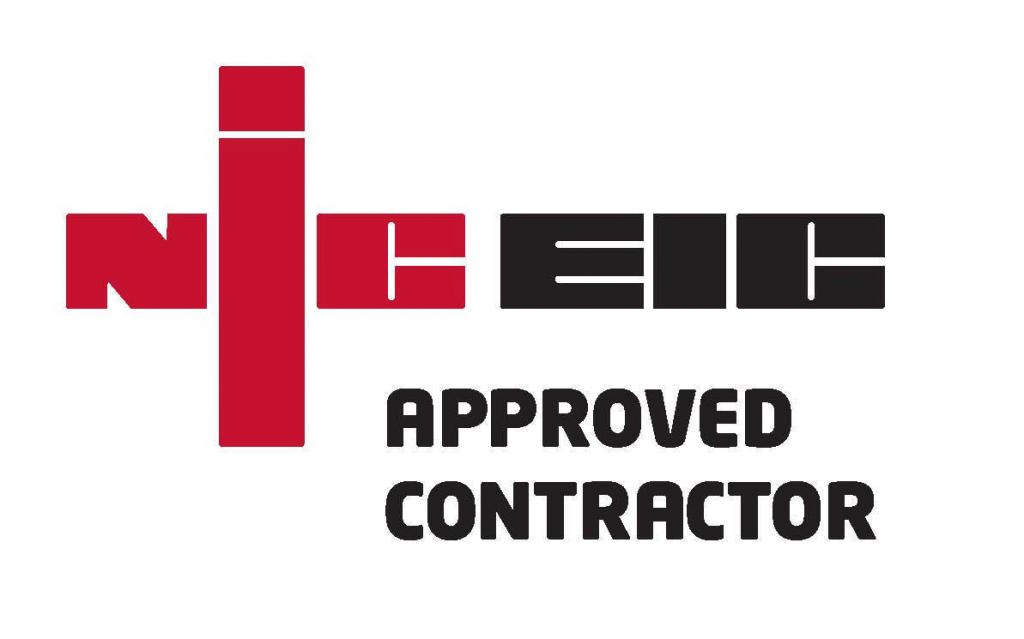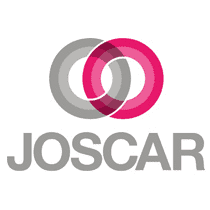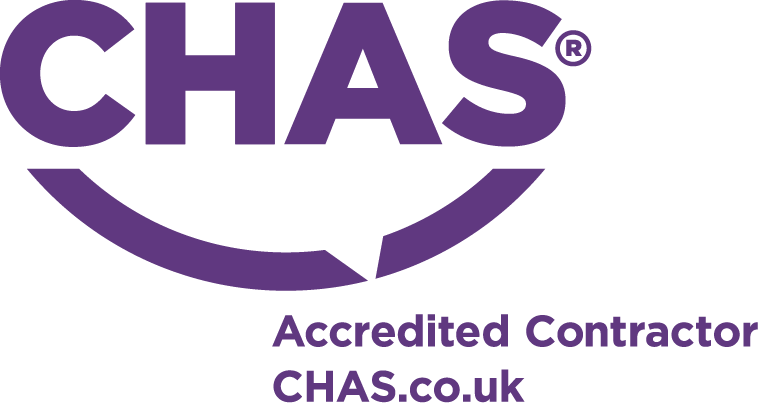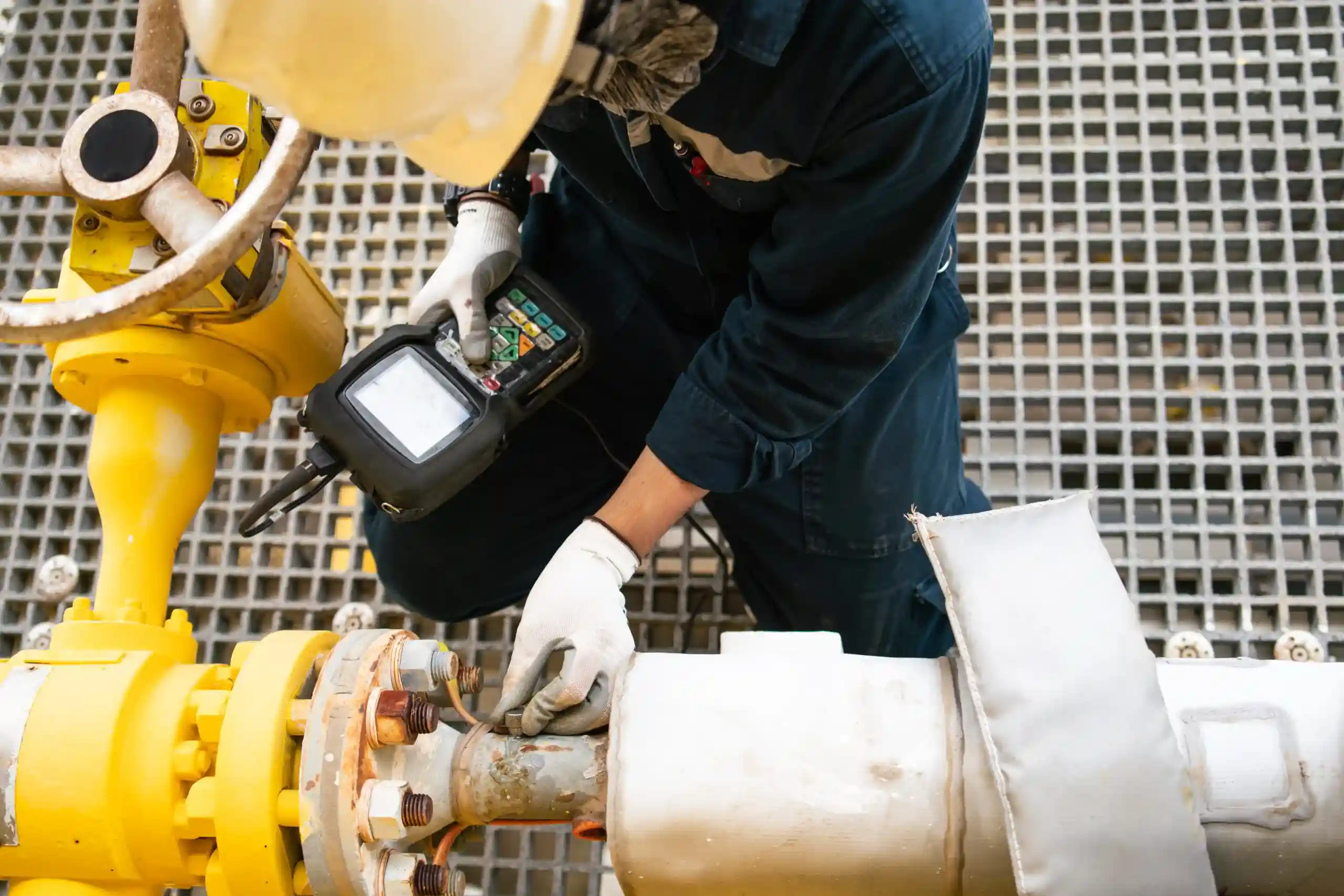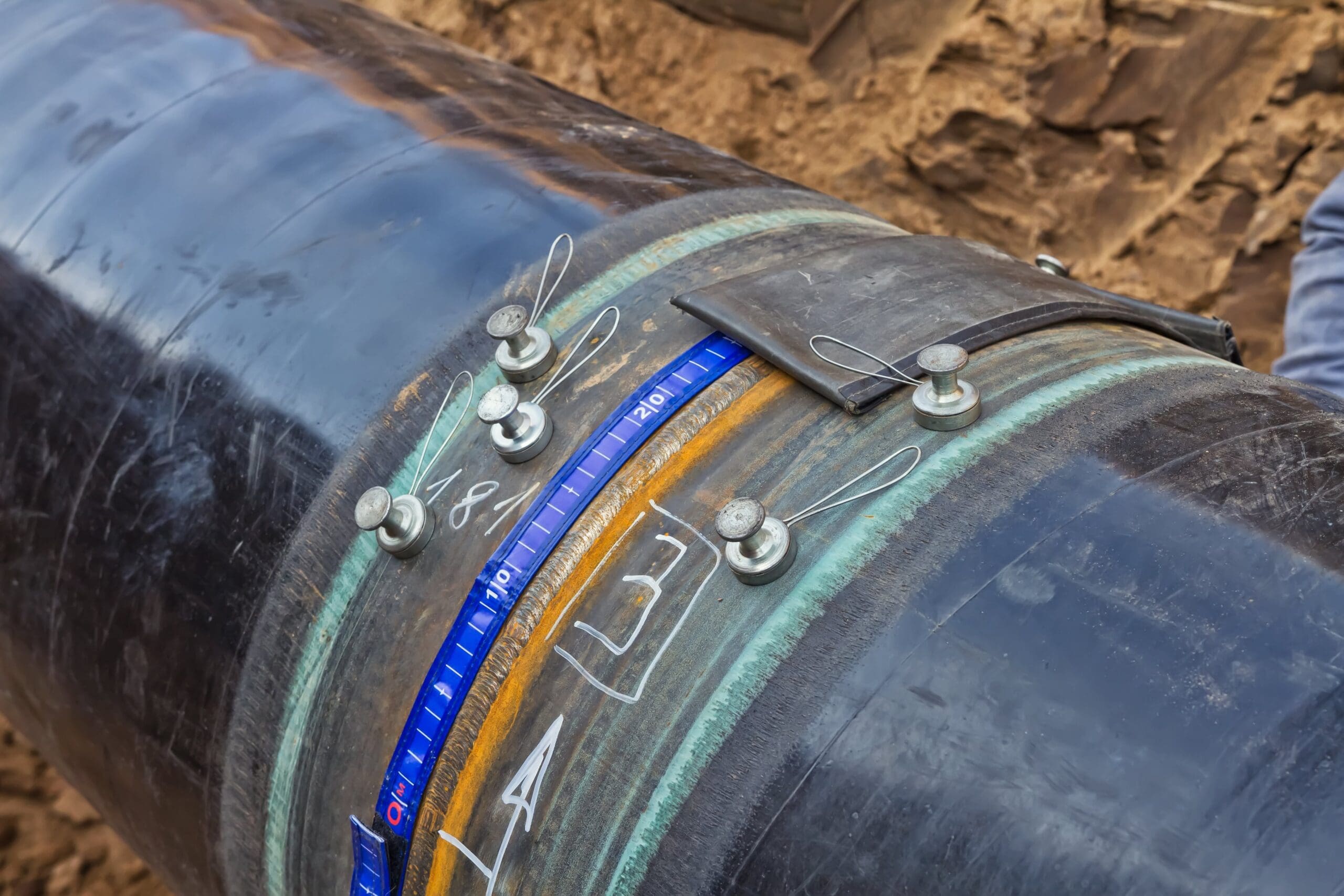Testing
Non-Destructive Testing (NDT) Services
Non-Destructive Testing checks the properties of your materials, components, or systems without causing damage.
Explore specialist sub-services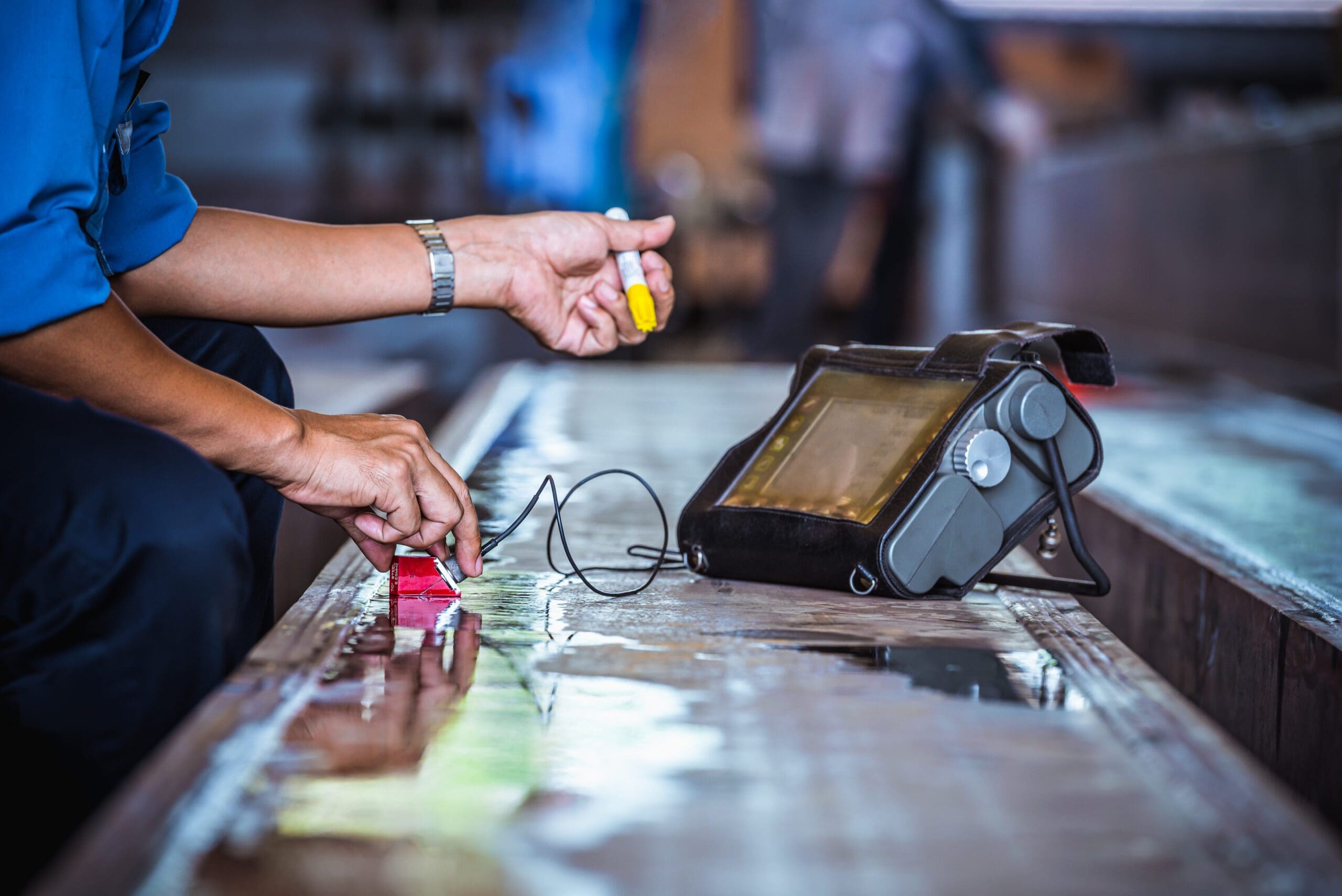
Interested? Let’s talk.
Send us an enquiry
Who we’ve partnered with...





Our NDT Services
Non-Destructive Testing covers methods such as Ultrasonic Testing, Radiographic Testing, Magnetic Particle Testing, Liquid Penetrant Testing, Eddy Current Testing, Visual Inspection, Ferrite Testing and Weld Testing. These techniques detect defects and irregularities to ensure materials and structures are safe, reliable, and meet industry standards.
Ultrasonic Testing (UT)
Ultrasonic Testing uses high-frequency sound waves to pick up internal flaws or characterise materials.
Radiographic Testing (RT)
Radiographic Testing uses X-rays or gamma rays to see a component's internal structure.
Magnetic Particle Testing (MT)
Magnetic Particle Testing involves magnetising a ferromagnetic material and applying ferrous particles to the surface.
Dye Penetrant Inspection (DPI)
Dye Penetrant Inspection uses a dye or fluorescent liquid applied to a material's surface.
Eddy Current Testing (ECT)
Eddy Current Testing uses electromagnetic induction to detect flaws in conductive materials.
Visual Inspection (VT)
Visual Inspection involves a detailed visual examination of the material or component.
Ferrite Testing
Ferrite Testing ensures the integrity of duplex and super duplex materials that are exposed to extreme temperatures and mechanical stress.
Let's talk about Non-Destructive Testing
Send us an enquiry
Not seeing what you expected?
Try using our search
Explore what our clients say


Sectors we service
Dive into the diverse landscapes where BES Group sparks innovation and drives impact.

Explore sector
Aerospace and Defence

Explore sector
Agriculture

Explore sector
Automotive

Explore sector
Building, Properties and Real Estate

Explore sector
Consumer Products

Explore sector
Finance

Explore sector
Healthcare

Explore sector
Highways

Explore sector
Hospitality and Leisure

Explore sector
Insurance

Explore sector
Manufacturing

Explore sector
Marine and Offshore
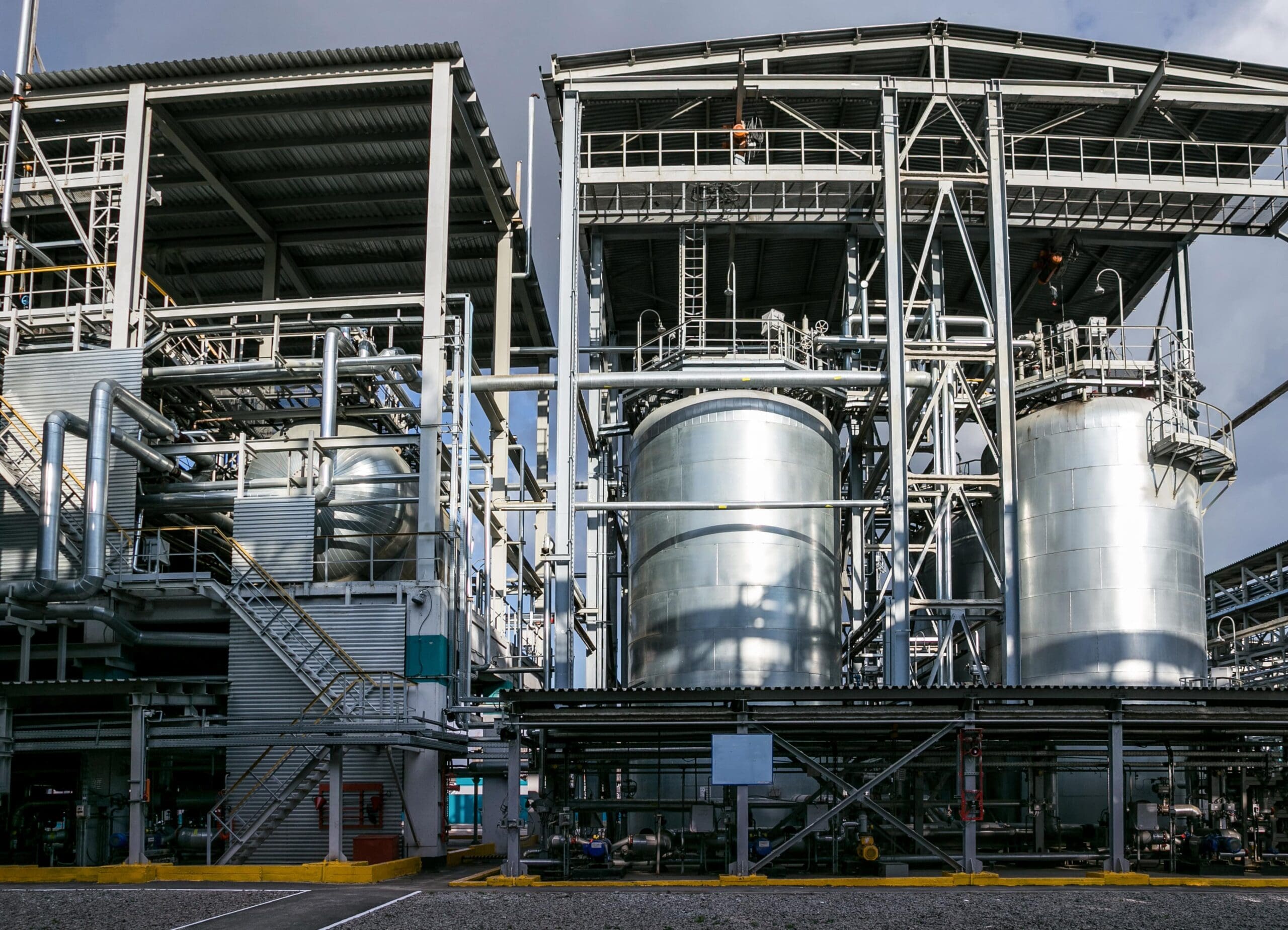
Explore sector
Petrochemicals, Oil and Gas

Explore sector
Power and Utilities

Explore sector
Rail

Explore sector
Renewables

Explore sector
Transport, Logistics and Distribution Centres

Explore sector
Retail


Non-Destructive Testing at BES Group
Explore all sub-services- What can Non-Destructive Testing be applied to?
- Can NDT Testing used within the Aerospace sector?
- Key benefits of NDT Testing
Automotive
In the automotive sector, NDT inspects engine parts, transmissions, and structural components to ensure they meet safety and performance standards. This helps prevent mechanical failures and enhances vehicle reliability.
Construction
Construction projects use NDT to examine the integrity of steel beams, concrete structures, and welds. This ensures the structural soundness of buildings, bridges, and other infrastructure, protecting them against potential collapses and promising longevity.
Manufacturing
Manufacturing industries use NDT to check the quality of raw materials and finished products. This is vital for maintaining high standards, reducing waste, and ensuring products are free from defects before reaching the market.
Oil and gas
The oil and gas industry uses NDT to inspect pipelines, storage tanks, and drilling equipment. This helps detect corrosion, cracks, and other defects that could lead to leaks, spills, or explosions, protecting the environment and ensuring safe operations.
Power generation
Power plants, including nuclear, thermal, and renewable energy facilities, rely on NDT to inspect turbines, boilers, and reactors. This is crucial for preventing failures that could lead to power outages or hazardous situations.
Aerospace
The aerospace industry relies on NDT to detect problems in critical components such as aircraft engines, wings, and fuselage structures. This ensures the safety and performance of aircraft and prevents catastrophic failures during flight.

Achieve and maintain compliance
NDT helps ensure that your operations comply with relevant industry regulations and standards. This helps you avoid potential legal issues and fines.
Ensure safety
By identifying defects and potential failures early, NDT enhances the safety of your equipment and infrastructure, protecting employees and customers.

Minimise liability
Regular NDT inspections can reduce the risk of accidents and equipment failures, minimising your legal liability and protecting your business from lawsuits.
Support certification
NDT is often required to obtain and maintain certifications that demonstrate your commitment to quality and safety.
Documentation and traceability
NDT provides thorough documentation of inspections and findings, which is essential for audits and legal investigations.
-
What can Non-Destructive Testing be applied to?
Automotive
In the automotive sector, NDT inspects engine parts, transmissions, and structural components to ensure they meet safety and performance standards. This helps prevent mechanical failures and enhances vehicle reliability.
Construction
Construction projects use NDT to examine the integrity of steel beams, concrete structures, and welds. This ensures the structural soundness of buildings, bridges, and other infrastructure, protecting them against potential collapses and promising longevity.
Manufacturing
Manufacturing industries use NDT to check the quality of raw materials and finished products. This is vital for maintaining high standards, reducing waste, and ensuring products are free from defects before reaching the market.
Oil and gas
The oil and gas industry uses NDT to inspect pipelines, storage tanks, and drilling equipment. This helps detect corrosion, cracks, and other defects that could lead to leaks, spills, or explosions, protecting the environment and ensuring safe operations.
Power generation
Power plants, including nuclear, thermal, and renewable energy facilities, rely on NDT to inspect turbines, boilers, and reactors. This is crucial for preventing failures that could lead to power outages or hazardous situations.
-
Can NDT Testing used within the Aerospace sector?
Aerospace
The aerospace industry relies on NDT to detect problems in critical components such as aircraft engines, wings, and fuselage structures. This ensures the safety and performance of aircraft and prevents catastrophic failures during flight.
-
Key benefits of NDT Testing

Achieve and maintain compliance
NDT helps ensure that your operations comply with relevant industry regulations and standards. This helps you avoid potential legal issues and fines.

Ensure safety
By identifying defects and potential failures early, NDT enhances the safety of your equipment and infrastructure, protecting employees and customers.

Minimise liability
Regular NDT inspections can reduce the risk of accidents and equipment failures, minimising your legal liability and protecting your business from lawsuits.
Support certification
NDT is often required to obtain and maintain certifications that demonstrate your commitment to quality and safety.
Documentation and traceability
NDT provides thorough documentation of inspections and findings, which is essential for audits and legal investigations.
Frequently asked questions
What’s the difference between Destructive Testing and Non-Destructive Testing?
Destructive Testing (DT) involves checking the properties of a material or component by subjecting it to conditions that cause it to fail or be destroyed.
This method provides detailed information about the material’s performance and failure points but renders the test sample unusable. On the other hand, NDT assesses the properties and integrity of materials or components without causing any damage, allowing them to remain usable.
What’s the most widely used Non-Destructive Testing method?
The most widely used NDT method is Ultrasonic Testing (UT). This technique employs high-frequency sound waves to detect internal flaws, measure material thickness, and characterise materials.
It’s favoured for its accuracy, versatility, and ability to inspect various materials and structures.
How do I know if I need NDT?
You may need NDT if your industry or specific application requires material integrity, safety, and compliance with regulatory standards.
For some industries testing and inspections are mandatory, such as piping inspections and storage inspections. For other industries such as manufacturing, NDT will provide quality assurance by identifying defects and ensuring the material is fit for purpose.
What materials can be tested using Non-Destructive Testing methods?
NDT is accessible and easy to carry out on site, without the need to shut down operations. There are many types of materials that can be tested using NDT methods including:
- Metals and alloys
- Plastics, Ceramics and Composites
- Rubber Glass and Fiberglass
- Electronic components
- Weldments Castings and Forgings
Each material has its own characteristics and behaviours, so understanding what the material is and the information you want to obtain is how we will determine what NDT method is most suitable. Find out more about the factors considered in choosing the right NDT method.
What types of equipment require Non-Destructive Testing?
Non-Destructive Testing is essential for ensuring the safety and reliability of various equipment and machinery across numerous industries. Below is a list of equipment in specific sectors that require NDT:
- Aerospace: aircraft engines, fuselage structures, wings and landing gear.
- Automotive: engine components, transmissions, chassis and structural parts.
- Manufacturing: raw materials, finished products, welding joints and assembly parts.
- Power Generation: turbines, boilers and nuclear reactors.
- Marine: ship hulls, propellers and offshore platforms.
- Petroleum: pipelines, storage tanks and drilling equipment.
- Chemicals: chemical storage tanks, pressure vessels and piping systems.
- Healthcare: implants, surgical instruments and diagnostic equipment.
- Military: weaponry, armoured vehicles, aircraft and naval vessels.
Will BES Group help me make an informed decision on the right NDT method?
BES Group’s experts and technicians are committed to guiding you to choose the right NDT method for your specific needs. Factors BES Group will consider include:
- Material type and shape Surface condition or material finish
- Defect type (internal or external)
- Location, accessibility and environment
- Standard and regulations
- Budget and timeframe
Is Hardness Testing Non-Destructive?
Hardness Testing is generally classed into two categories; Non-Destructive and Destructive.
Destructive Testing involves indenting the material surface to measure resistance, which can cause minor damage, but doesn’t typically render the material unusable. Our destructive hardness tests include Rockwell, Brinell, Vickers macro and micro-hardness, and Knoop microhardness testing.
Non-Destructive hardness testing does not cause any noticeable marks or permanent damage to the material. Non-Destructive hardness testing is a quick and easy way to assess the strength and integrity of materials. Our NDT methods include Barcol Hardness Testing and Ultrasonic Hardness Testing.
What is the LIBS method?
Laser Induced Breakdown Spectroscopy (LIBS) is a technique using a high-focused laser to determine the chemical composition of materials. This technology is used in the oil and gas industry. With the advances in technology a portable handheld analyser is used to measure elements in the field for material identification.
How does LIBS work?
The handheld analyser produces a laser pulse which is directed on the sample surface. The surface is worn away and forms a plasma. The plasma disintegrates and stimulates the sample, which emits a light. The emitted light transfers through the fibre optics to the spectrometer. The wavelengths are transmitted to the detector and to produce data. This data is analysed by the central processing unit (CPU) and provides a detailed composition of the materials. This composition analysis can be examined to determine the concentration of each element.
Let’s talk. Ask us anything.
Send one of the team a message
Insights & news
Browse our latest articles
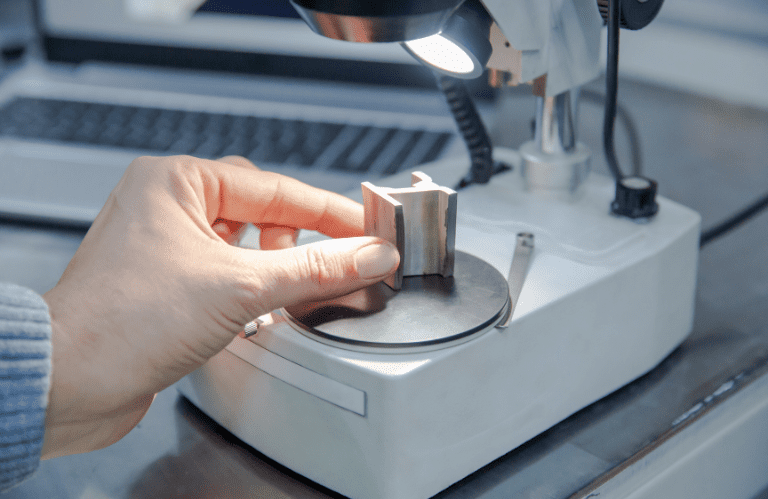
A complete guide to Metal Failure Modes and Analysis
Testing
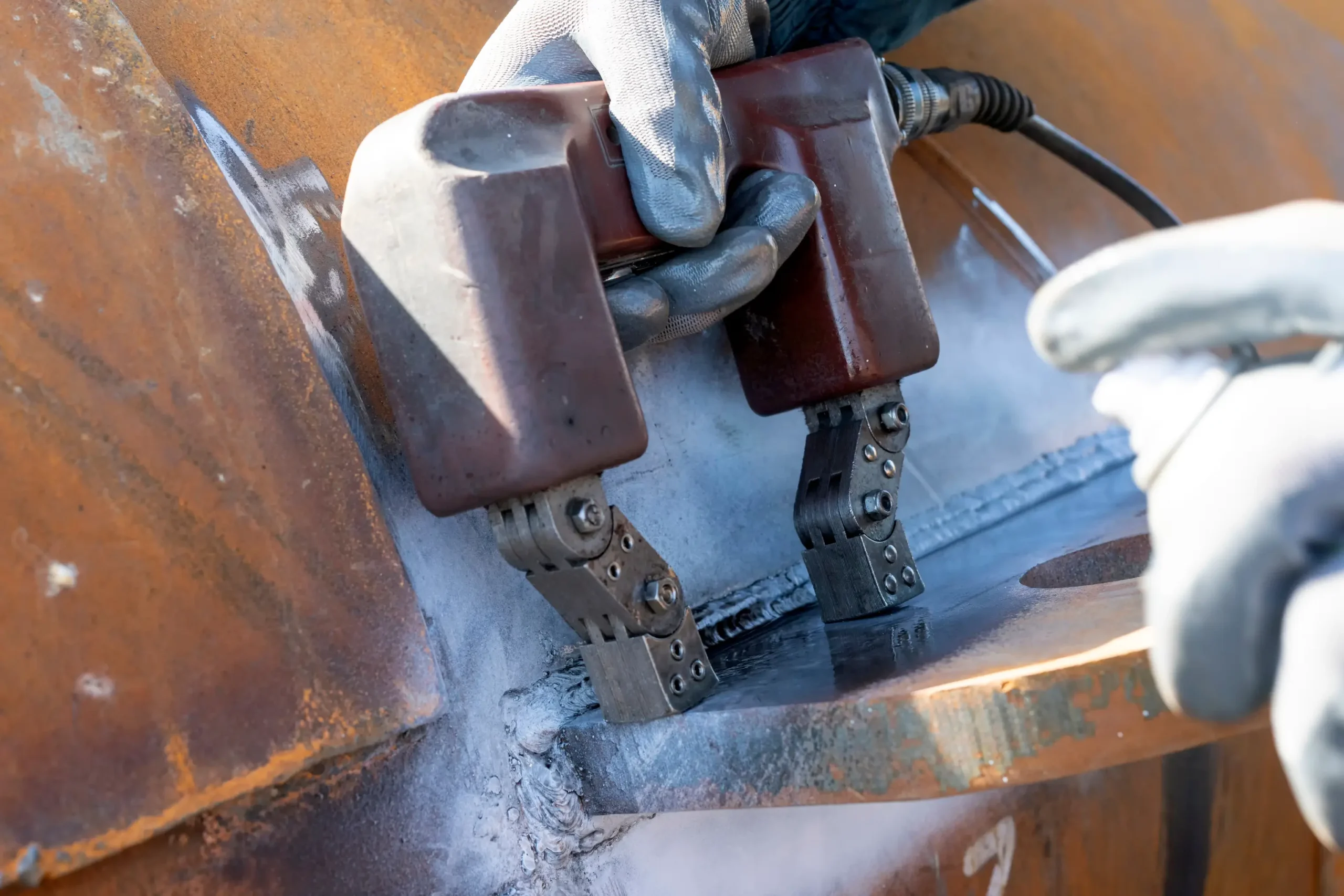
How combining NDT Methods ensures comprehensive asset protection
Testing

Factory Shutdowns: How to Manage Your Maintenance Operations Efficiently
Asset Reliability Electrical Inspection Testing

What Are the Different Methods of NDT Testing?
Testing
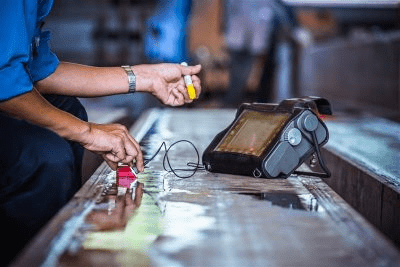
How to Choose the Right NDT Method: A Comprehensive Guide
Testing
Other similar services...
Looking for something else? Explore similar services...
Let’s get you to the right person, fast.
Thank you, enquiry submitted!
Please check your inbox. We have sent you an email receipt of your enquiry.
We treat every enquiry with the upmost urgency. We’ll aim to get in touch with the relevant BES Group specialist and get back to you as soon as possible*.
Thank you again and have a great day.
 About BES Group
About BES Group Accreditations & Credentials
Accreditations & Credentials Our Environmental, Social & Governance
Our Environmental, Social & Governance Careers at BES Group
Careers at BES Group Our Senior Leadership Team
Our Senior Leadership Team

